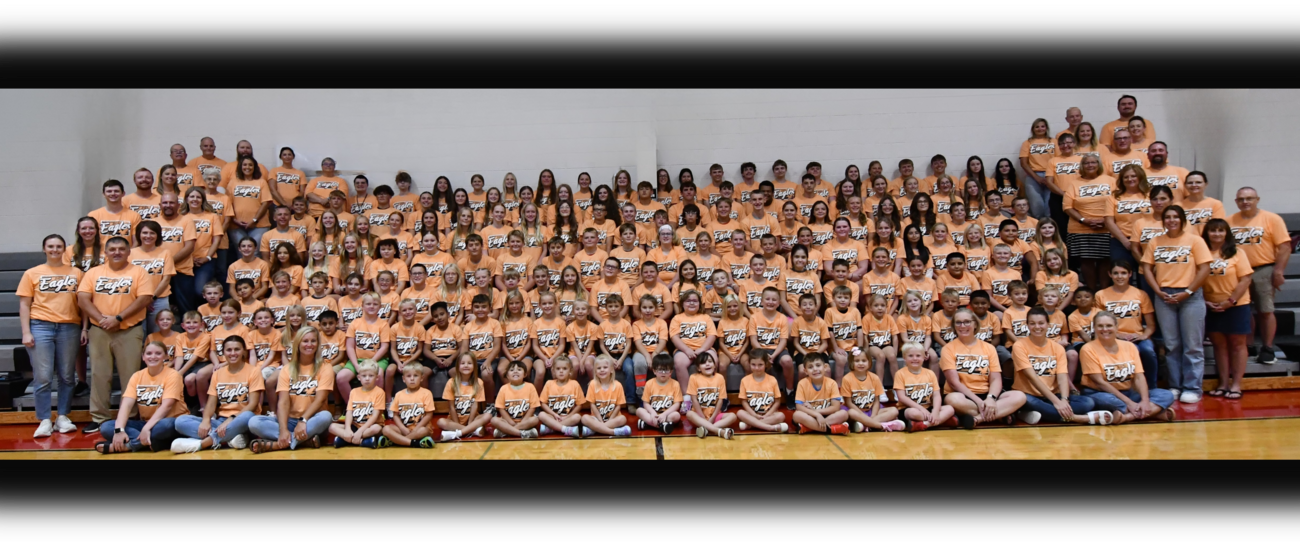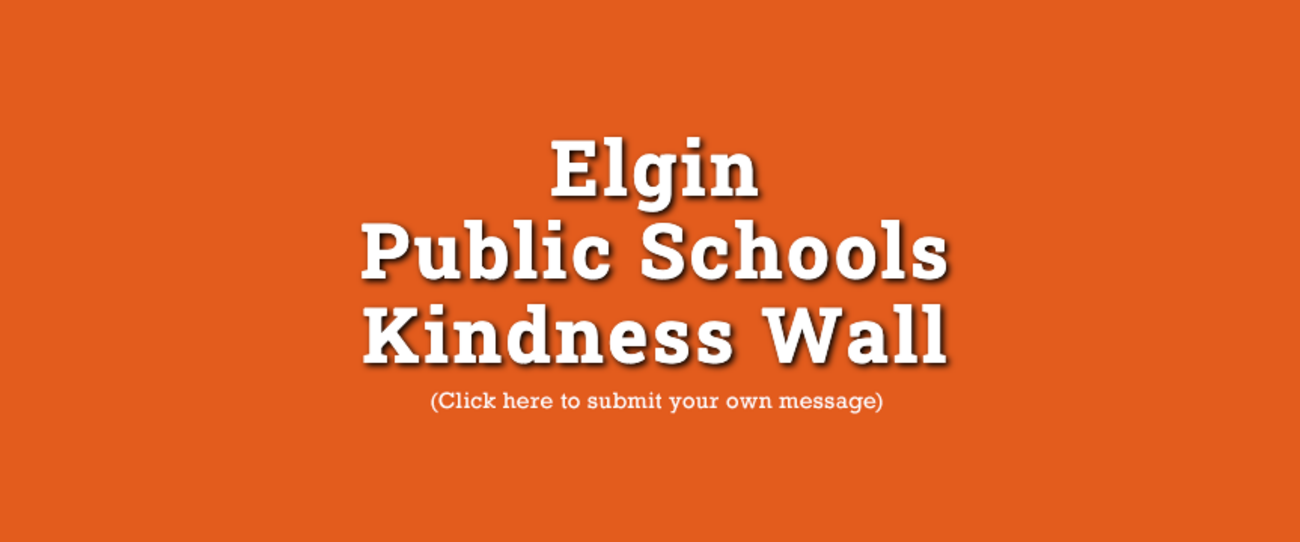Digital Citizenship
Digital Citizenship with Youths
The online world has become increasingly dominant over the last few decades. Starting from loosely connected chat rooms, it has grown into a vastly intricate network that dominates a majority of all our social interactions. Youths today have never experienced a world without this network. In fact, a third of all internet users are beneath the age of 18. Because of this, the approach we take to practicing and teaching digital citizenship matters more than ever.
Digital Citizenship began in the 1990s, where it was used to describe internet competency, and one’s ability to participate with society through the use of technology. However, with the advent of the 2000’s, digital citizenship became more focused on internet safety due to concerns of the older generations. Rumors ran rampant of the negative impact of the internet on children, such as claims that it was lowering their test scores, increasing their aggression, and hypersexualizing them at an early age. However, data doesn’t back up these claims. For instance, SAT scores improved in Math and held constant in English until 2016, when they both saw a massive improvement after the test’s redesign.
In her TED talk, “The Heart of Digital Literacy”, Anne Collier discusses how to approach digital citizenship, given the mistakes that had been made with it in previous years. She places a strong emphasis on respecting the digital citizen, and learning from them as one tries to teach them about digital citizenship. Collier states that there were three main literacies to focus on and to attempt to demonstrate to youth. The first is digital literacy, which is the competency with which one utilizes the digital sphere. The second is social literacy. With the massive power of social networking websites and apps, teaching children how to interact competently with others online is a necessity. Finally, the third is media literacy. This is particularly relevant, as it is one’s ability to read and assess the information presented to them and determine whether it is trustworthy and reliable.
Using these pillars, it’s recommended that people experience the digital sphere with their youths, in order to demonstrate proper digital citizenship directly. This may look like:
-
Listening, when they talk about newer interests, without expressing judgment.
-
Experiencing newer facets of their digital lives with them. Have them show you the apps or games that they’re on, and ask them to teach you how to use the app or play the game alongside them.
-
Expressing judgment of the content, rather than of the youth for viewing the content. For instance, one might question an unreliable source in media, rather than criticizing a teen for having watched the video that cited it.
For more information on Digital Citizenship, take a look at some of the resources that Common Sense has published on their website: https://www.commonsense.org/education/digital-citizenship
Watch Collier’s TED Talk here:
https://www.youtube.com/watch?v=Uww2XHnijKw
Watch Dr. Finkelhor’s lecture here:
https://www.ted.com/talks/keegan_korf_kid_you_posted_what_how_to_raise_a_digital_citizen
https://www.youtube.com/watch?v=Uww2XHnijKw
https://blog.prepscholar.com/average-sat-scores-over-time
https://www.cigionline.org/publications/one-three-internet-governance-and-childrens-rights/





